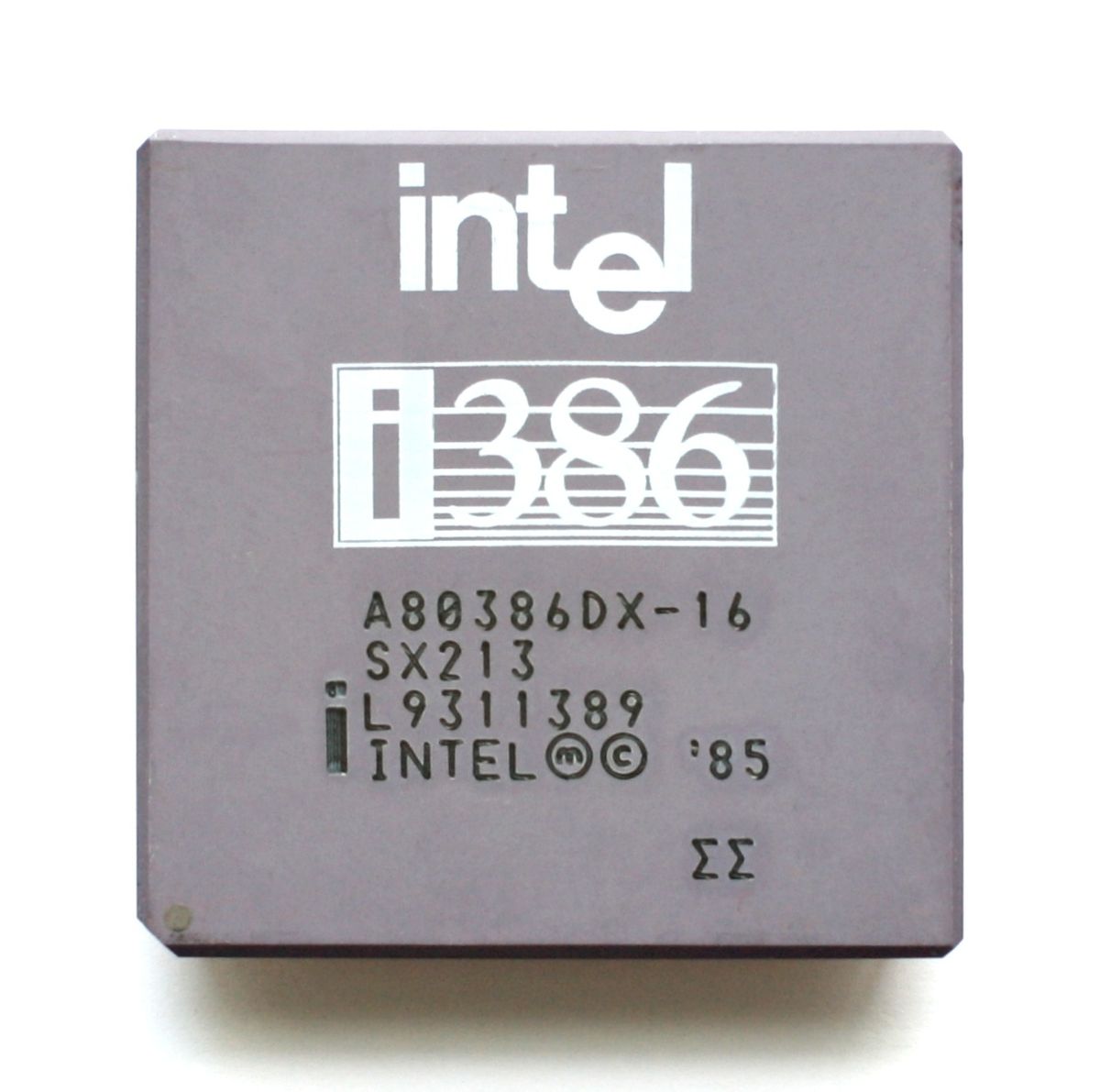- cross-posted to:
- privacy@programming.dev
- privacy@lemmy.dbzer0.com
- cross-posted to:
- privacy@programming.dev
- privacy@lemmy.dbzer0.com
A chart titled “What Kind of Data Do AI Chatbots Collect?” lists and compares seven AI chatbots—Gemini, Claude, CoPilot, Deepseek, ChatGPT, Perplexity, and Grok—based on the types and number of data points they collect as of February 2025. The categories of data include: Contact Info, Location, Contacts, User Content, History, Identifiers, Diagnostics, Usage Data, Purchases, Other Data.
- Gemini: Collects all 10 data types; highest total at 22 data points
- Claude: Collects 7 types; 13 data points
- CoPilot: Collects 7 types; 12 data points
- Deepseek: Collects 6 types; 11 data points
- ChatGPT: Collects 6 types; 10 data points
- Perplexity: Collects 6 types; 10 data points
- Grok: Collects 4 types; 7 data points
Locally run AI: 0
Are there tutorials on how to do this? Should it be set up on a server on my local network??? How hard is it to set up? I have so many questions.
If by more learning you mean learning
ollama run deepseek-r1:7bThen yeah, it’s a pretty steep curve!
If you’re a developer then you can also search “$MyFavDevEnv use local ai ollama” to find guides on setting up. I’m using Continue extension for VS Codium (or Code) but there’s easy to use modules for Vim and Emacs and probably everything else as well.
The main problem is leveling your expectations. The full Deepseek is a 671b (that’s billions of parameters) and the model weights (the thing you download when you pull an AI) are 404GB in size. You need so much RAM available to run one of those.
They make distilled models though, which are much smaller but still useful. The 14b is 9GB and runs fine with only 16GB of ram. They obviously aren’t as impressive as the cloud hosted big versions though.
My assumption is always the person I am talking to is a normal window user who don’t know what a terminal is. Most of them even freak out when they see “the black box with text on it”. I guess on Lemmy the situation is better. It is just my bad habit.
normal window user who don’t know what a terminal is. Most of them even freak out when they see “the black box with text on it”.
Good point! That being said I’m wondering how we could help anybody, genuinely being inclusive, on how to transform that feeling of dread, basically “Oh, that’s NOT for me!”, to “Hmmm that’s the challenging part but it seems worth it and potentially feasible, I should try”. I believe it’s important because in turn the “normal window user” could potentially understand limitations hidden to them until now. They would not instantly better understand how their computer work but the initial reaction would be different, namely considering a path of learning.
Any idea or good resources on that? How can we both demystify the terminal with a pleasant onboarding? How about a Web based tutorial that asks user to try side by side to manipulate files? They’d have their own desktop with their file manager on one side (if they want to) and the browser window with e.g. https://copy.sh/v86/ (WASM) this way they will lose no data no matter what.
Maybe such examples could be renaming files with ImagesHoliday_WrongName.123.jpg to ImagesHoliday_RightName.123.jpg then doing that for 10 files, then 100 files, thus showing that it does scale and enables ones to do things practically impossible without the terminal.
Another example could be combining commands, e.g. ls to see files then wc -l to count how many files are in directory. That would not be very exciting so then maybe generating an HTML file with the list of files and the file count.
Honestly I believe finding the right examples that genuinely showcases the power of the terminal, the agency it brings, is key!
No worries! You’re probably right that it’s better not to assume, and it’s good of you to provide some different options.
Or if using flatpak, its an add-on for Alpaca. One click install, GUI management.
Windows users? By the time you understand how to locally install AI, you’re probably knowledgeable enough to migrate to linux. What the heck is the point of using local AI for privacy while running windows?
Check out Ollama, it’s probably the easiest way to get started these days. It provides tooling and an api that different chat frontends can connect to.
https://ollama.ai/, this is what I’ve been using for over a year now, new models come out regularly and you just “ollama pull <model ID>” and then it’s available to run locally. Then you can use docker to run https://www.openwebui.com/ locally, giving it a ChatGPT-style interface (but even better and more configurable and you can run prompts against any number of models you select at once.)
All free and available to everyone.
If you want to start playing around immediately, try Alpaca if Linux, LMStudio if Windows. See if it works for you, then move from there.
Alpaca actually runs its own Ollama instance.
Ollama recently became a flatpak extension for Alpaca but it’s a one-click install from the Alpaca software management entry. All storage locations are the same so no need to re-DL any open models or remake tweaked models from the previous setup.
I used this a while back, it was pretty straightforward https://github.com/nathanlesage/local-chat
And if you want to be 100% sure that Alpaca doesn’t send any info anywhere, you can restrict it’s network access in Flatseal as it’s a flatpak.
I used this a while back, it was pretty straightforward https://github.com/nathanlesage/local-chat
If only my hardware could support it…
I can actually use locally some smaller models on my 2017 laptop (though I have increased the RAM to 16 GB).
You’d be surprised how mich can be done with how little.
It’s possible to run local AI on a Raspberry Pi, it’s all just a matter of speed and complexity. I run Ollama just fine on the two P-cores of my older i3 laptop. Granted, running it on the CUDA-accelerator (GFX card) on my main rig is beyond faster.
Me when Gemini (aka google) collects more data than anyone else:

Not really shocked, we all know that google sucks
I would hazard a guess that the only reason those others aren’t as high is because they don’t have the same access to data. It’s not that they don’t want to, they simply can’t (yet).
Which is good (for now). Glad I don’t use that shit
deleted by creator
Who would have guessed that the advertising company collects a lot of data
And I can’t possibly imagine that Grok actually collects less than ChatGPT.
Data from surfshark aka nordvpn lol. Take it with a few chunks of salt
Yeah I feel like there’s a supposedly missing somewhere. We don’t know their servers so at the very least ‘user content’ is based on trust.
Skill issue probably. They want to collect more but Musk’s shitty hires can’t figure it out. /s
DeepSeek at home: None
How much VRAM does your machine have? Are you using open webui?
Doesn’t the official local app still have telemetry? I might be remembering wrong
You just use the model in an opensource program, not theirs.
How?
There’s programs like Ollama and Lmstudio that let you download LLMs and run them locally
Also llama.cpp, kobold.cpp, TabbyAPI, Aphrodite engine. There’s dozens of programs, at least, that run LLMs locally.
And what about goddamn Mistral?
Its French as far as I know so at least it abides to gdpr by default.
All services you see above are provided to EU citizens, which is why they also have to abide by GDPR. GDPR does not disallow the gathering of information. Google, for example, is GDPR compliant, yet they are number 1 on that list. That’s why I would like to know if European companies still try to have a business case with personal data or not.
If it’s one thing I don’t trust its non-EU companies following GDPR. Sure they’re legally bound to, but l mean Meta doesn’t care so why should the rest.
(Yes I’m being overly dramatic about this, but I’ve lost trust ages ago in big tech companies)
Fully agree, which is also why I choose EU/Swiss made services by default
not sure about swiss, they shady as hell if you have scepticism towards rich people greed
I’m only referring to data privacy laws.
It doesn’t mean they “have to abide by GDPR” or that they “are GDPR compliant”. All it means is they appear to be GDPR compliant and pretend to respect user privacy. The sole fact that the AI chatbots are run in US-based data centres is against GDPR. The EU has had many different personal data transfer agreements with the US, all of which were canceled shortly after signing due to US corporations breaking them repeatedly (Facebook usually being the main culprit).
I tried to say that, but you were better at explaining, so thank you. Without a court case, you will essentially never know, if they are truly GDPR compliant
Back in the day, malware makers could only dream of collecting as much data as Gemini does.
I have a bridge to sell you if you think grok is collecting the least amount of info.
deleted by creator
Ikr XD
Who TF using Grok.
Fascists. Why?
Most of my workforce strangely enough. They claim it’s the best for them in terms of mathematics, but I can’t find that to be a good reason.
Isn’t deepseek better for that?
In my experience it depends on the math. Every model seems to have different strengths based on a wide berth of prompts and information.
That’s what I’m saying!
I’m interested in seeing how this changes when using duck duck go front end at duck.ai
there’s no login and history is stored locally (probably remotely too)
Note this is if you use their apps. Not the api. Not through another app.
Not that we have any real info about who collects/uses what when you use the API
Yeah we do, they list it in privacy policies. Many of these they can’t really collect even if they wanted to
Anyone has these data from Mistral, HuggingChat and MetaAI ? Would be nice to add them too
Edit : Leo from brave would be great to compare too
Gemini: “Other Data”
Like, what’s fucking left!?
The Broligarchy: “Everything.”
Me: Squints Pours glowing demon tanning lotion on ground
Trump: “You dare dispute my rule?! And you would have these… mongrels… come here to die?”
Open Source Metaverse online. Launching Anti-StarLink missiles…
Warning. FOSS Metaverse alternative launch detected.
The Broligarchy: “This was not how it was supposed to be…”
Me: “Times change. But war, war never changes.”
…
“We will never be slaves. But we WILL be online. For the Open Source Metaverse we deserve!”
Anyway, hopefully that’s the real future in some sense. The metaverse is, technologically, in a state resembling 1995’s World Wide Web. We can stop the changes that made social media happen the first time, but that comes at a grave cost of it’s own… Zero tolerance for interference with the FOSS paradigm. This means no censorship even for the most vile of content, and no government authority over online activity ever again. It also means we have less than 150 years to become immortal because having children inherently puts kids at risk of sexual exploitation, so everyone - literally everyone - must be made infertile permanently to make that impossible.
Life extension is actually plausible, and omnispermicide would make denying it a war crime. That is the only fix I can see, but all of you would never pay it. That is why I stopped writing; every goddamn story and society at large championed “anti-escapism” in 2017 and onwards, and I will NEVER forgive you all for that. Fuck reality. I Have No Truth and I Must Dream. I want to die because I hate you all.
Or you could use Deepseek’s workaround and run it locally. You know, open source and all.
Almost none of this data is possible to collect when using Tor Browser
Nope, these services almost always require user login, eventually tied to cell number (ie non disposable) and associate user content and other data points with account. Nonetheless user prompts are always collected. How they’re used is a good question.
Use a third party API. Pay with monero.
Yes it is possible to create disposable-isque api keys for different uses. The monetary cost is the cost of privacy and of not having hardware to run things locally.
If you have reliable privacy friendly api vendor suggestions then do share. While I do not need such services now, it can a good future reference.
I think I only used chatgpt once to play around, and it was one of those. I dont remember the name, sorry
Wow, it’s a whole new level of f*cked up when Zuck collects more data than the Winnie the Pooh (DeepSeek). 😳
The idea that US apps are somehow better than Chinese apps when it comes to collecting and selling user data is complete utter propaganda.
Don’t use either. Until Trump, I still considered CCP spyware more dangerous because they would be collecting info that could be used to blackmail US politicians and businesses. Now, it’s a coin flip. In either case, use EU or FOSS apps whenever possible.
















